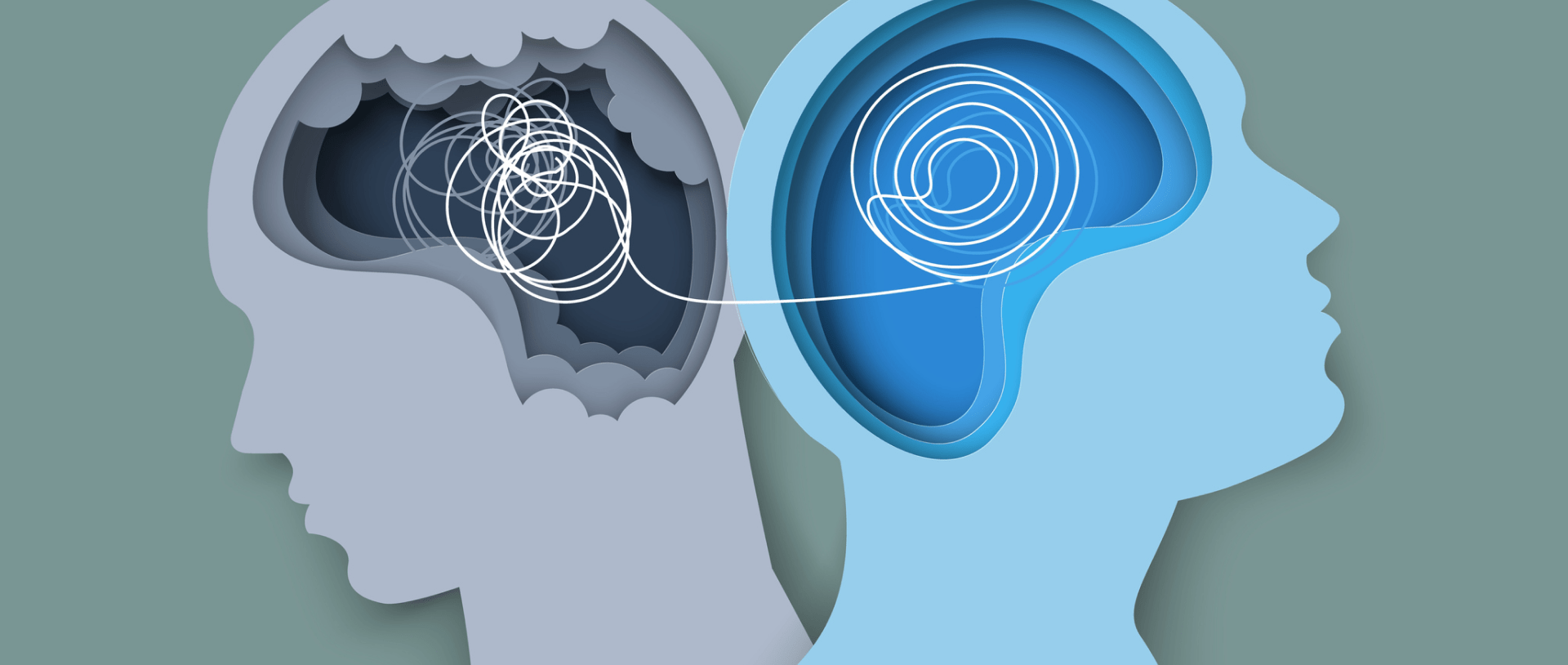Trauma and Emotional Processing: The Role of Neuroscience Informed Christian Counseling

Traumatic experiences have a profound impact on our emotional and physiological responses of the body, leading to symptoms such as anxiety, depression, hypervigilance, avoidance, and self-sabotaging behaviors. These symptoms are associated with the way in which traumatic memories are stored and processed in the brain.
One of the key structures involved in the processing of emotionally charged information is the amygdala, which is part of the subcortical midline structures (SCMS). The amygdala and SCMS process sensory information to determine if a stimulus is emotionally relevant and whether it requires a rapid, automatic response. If the initial appraisal suggests that further evaluation is necessary, the information is then sent to the prefrontal cortex for re-appraisal. If it determines, right or wrong, that the situation requires rapid and automatic response it acts without thinking (re-appraisal). This typically results in less-than-optimal outcomes.
The Go-to ‘Plans’
The go-to ‘plans’ for the brain when it needs to act without thinking are called internal working models. These are patterns of thoughts, feelings, and actions stored in memory networks shaped through life experiences. These plans help our brain make rapid and automatic (unconscious) decisions about how to respond in a given situation where our body is on high alert (high sympathetic nervous system activation).
How helpful or unhelpful these plans are depends on the earlier experiences that built them. This has HUGE implications for our day-to-day living and relationships as they shape how we show up in stressful situations. Fortunately, these internal working models can be ‘updated’ through memory reconsolidation.
Memory Reconsolidation
Memory reconsolidation is a process by which a previously consolidated memory is temporarily destabilized and then re-stabilized with new information. This process occurs when a memory is retrieved, and its contents are re-evaluated in the context of current information (a new experience) and emotional states. By destabilizing and updating a traumatic memory, it changes the emotional and physiological responses associated with the memory and alters the initial appraisal of and response to associated triggers.
Neuroscience Informed Christian Counseling (NICC) helps individuals process and integrate their traumatic experiences in a safe and supportive environment. NICC counselors activate the memory reconsolidation process by attuning to the nervous system, allowing the relevant memory experiences to come forward, and reprocessing them together with the individual to update the emotional response.
For example, imagine that a person has experienced a traumatic event such as a car accident. When they see a car on the road, the amygdala and SCMS may trigger a rapid, automatic response of fear and anxiety, based on the traumatic memory stored in the brain. Through NICC, the individual might revisit the traumatic memory and re-evaluate it in a new context, leading to a reduction in the intensity and frequency of traumatic flashbacks and a reduction in symptoms associated with trauma.
For another example, imagine a woman named Sarah who experienced a traumatic childhood with a neglectful and abusive parent. As a result, Sarah has struggled with feelings of abandonment and low self-esteem throughout her life. Whenever she experiences a situation that triggers memories of her childhood, such as a disagreement with a loved one or rejection, she feels overwhelmed with intense emotions and may even experience physical symptoms such as rapid heartbeat or sweating.
Through Neuroscience Informed Christian Counseling, Sarah would be able to revisit her childhood memories in a safe and supportive environment. The counselor would help her re-evaluate those memories and provide new experiential information that challenges the negative beliefs and emotions that have been associated with them.
For example, the experiential process might help Sarah experience that her parent’s behavior was not her fault and that she is worthy of love and respect. This would help Sarah integrate a new, positive perspective into her memories and re-stabilize them in a way that reduces the intensity of her emotional and physical reactions to triggers. The experience of counseling would help Sarah overcome the negative consequences of her early childhood attachment trauma and move towards a brighter future.
The Role Counseling Can Play
Counseling can play an important role in altering the initial appraisal of and response to traumatic triggers. By updating traumatic memories and changing the way in which they are processed in the brain, it is possible to reduce symptoms associated with trauma and promote emotional healing.
In NICC we acknowledge that this healing capacity is wired into our nervous system by our Creator. We believe that God deeply loves you and thus has made a way for your healing, both now, in this life, and forever in the life to come. It is our honor to accompany you on this journey.
REFERENCES